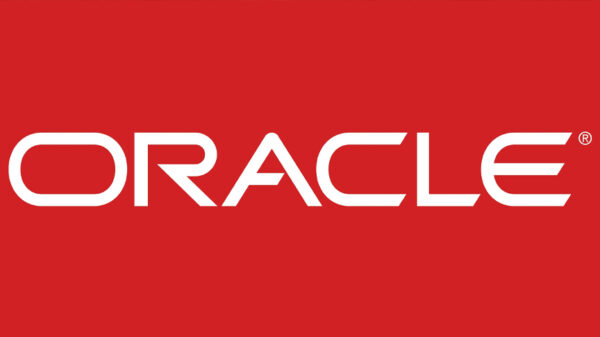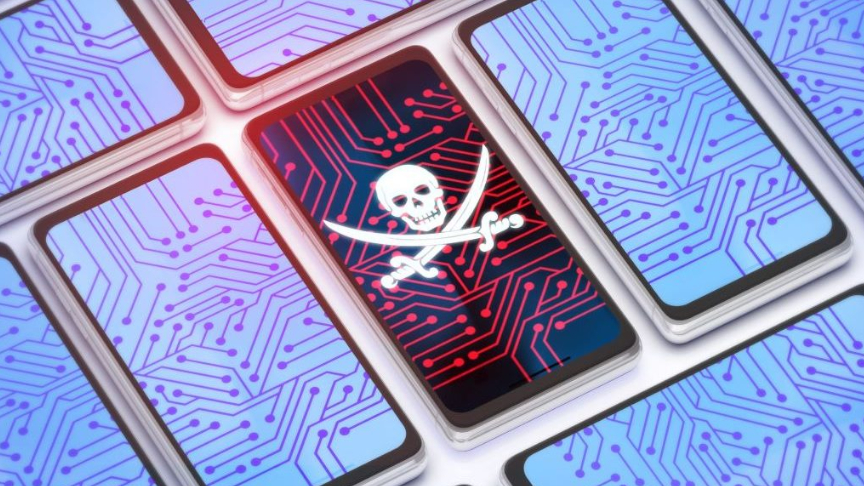2023 witnessed nearly 43 million local threats targeting organisations in Southeast Asia. This is according to the latest data from global cybersecurity company, Kaspersky.
Business solutions from Kaspersky blocked a total of 42,700,000 local infections during the period of January to December last year.
Statistics on local infections of user computers are an important indicator of the overall cyberthreat landscape. They include objects that penetrated the target computer through infecting files or removable media, or initially made their way onto the computer in non-open form (for example, programs in complex installers, encrypted files, etc.).
These statistics are produced by Kaspersky security solutions scans of files on the hard drive at the moment they were created or accessed, as well as the results of scanning removable storage media.
Even though global threats were on the rise over the past year (individual and business segments combined), all countries in SEA registered a insignificant decline in the number of local threats detected and blocked on corporate devices with Kaspersky business solutions, except Singapore.
Singapore logged a 67% YoY increase, from 300,000 local incidents in 2022 to 500,000 last year. Overall, businesses in Vietnam, Indonesia, and Thailand experienced the most number of this threat in 2023.
Country 2023 Indonesia 16,400,000 Malaysia 2,500,000 Philippines 1,500,000 Singapore 500,000 Thailand 4,700,000 Viet nam 17,100,000 42,700,000
“Southeast Asia shows a solid potential to become a major manufacturing hub globally. The region is also consistent in charting steady digital economic growth through the years. To be able to continue these feats, organizations, whether operating on IT or OT systems, should build their cyberdefenses against sophisticated attacks that use the same old techniques and tactics,” comments Adrian Hia, Managing Director for Asia Pacific at Kaspersky.
Protection against local attacks not only requires a security solution capable of treating infected objects but also a firewall, anti-rootkit functionality and control over removable devices.
By scanning systems with security solutions, organizations can prevent the spread of malware through files or removable media. Kaspersky Endpoint Security for Business allows organizations to scan removable drives that are connected to your computer for malware.
Kaspersky also offers an integrated software solution that includes a set of functions for event monitoring and management, Kaspersky Unified Monitoring and Analysis Platform (KUMA).
A unified console for monitoring and analyzing information security incidents, KUMA can be used as a log management system and as a full-fledged SIEM system.














































































































